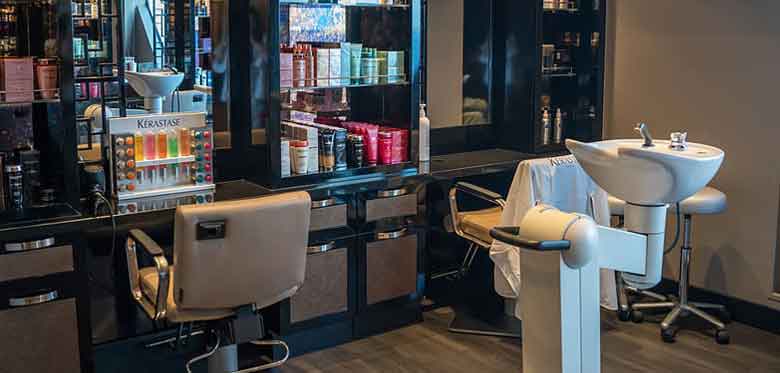Party season is upon us, and hundreds of thousands of people in the UK will be booking in for a bit of pampering to make sure that they are “Christmas party ready”. This is all part of the fun of getting ready for seasonal festivities, and as the beauty industry is definitely big business now – with most towns having multiple therapy rooms and salons, it is essential to do your research so that you can safely enjoy the social side of Christmas.
Many people have a trusted therapist or hair stylist. However, if you are looking to book in with someone new, don’t make the mistake of going to them just because they have availability and are less expensive than their competition. Personal injury claims against beauty therapists and aesthetic practitioners are on the increase, probably due to a meteoric rise in the sheer number of treatment clinics in the last two decades. Treatments such as lip and dermal fillers, intimate waxing and bleaching, chemical face peels, laser hair removal, and semi-permanent make-up – once the territory of the rich and famous – are now becoming the norm. In order to avoid the unthinkable and have a beauty disaster, consider your choice of practitioner very carefully.
So, what should you be looking out for in a good therapist and/or hairdresser?
- New customers should almost always be offered an allergy patch test beforehand for certain types of treatment, particularly those which involve the application of dye to hair/eyelashes/brows or procedures involving injecting chemicals. Ideally the allergy test should be carried out at least 48 hours before your treatment.
- Public liability insurance is not necessarily a legal requirement for hair salons or aesthetic/beauty clinics, but a good salon will always have this type of insurance and any independent contractors working in the salon (‘rent a chair’ practitioners) should also have appropriate public liability insurance cover. If in doubt – ask before your appointment.
- A reputable salon will keep customer records and will ask you to complete a medical questionnaire before you undergo any procedure, particularly those involving the application or injection of chemicals. The purpose for this is to ensure that you are suitable for the treatment and to ascertain if there are any factors in your medical history which means that the treatment should not be offered to you.
- Your therapist and hairdresser should be qualified to carry out the treatments being offered by their salon. A good therapist will not be offended by you asking questions about their qualifications and experience before you book in with them. They should also be undertaking regular training for themselves and their employees in order to keep updated as to new procedure guidelines and techniques.
- A reputable therapist will explain in careful detail the procedure that you have booked, particularly if this is the first time that you have had it, or you are a new client. They should ask if you have understood the procedure and if you have any questions, and should also detail the treatment aftercare required, ideally in the form of a leaflet that you can refer back to. Any invasive procedures, such as injectable fillers, laser hair removal, and micropigmentation and microblading ideally should not be offered to customers under the age of 18.
- The equipment that your hairdresser or therapist uses should be hygienic, clean and sterile and, if carrying out certain procedures, they should be wearing appropriate personal protective equipment. All equipment should be cleaned and sterilised thoroughly between customers.
Your beauty salon experience should be a happy one, resulting in an outcome which makes you feel good. Unfortunately, we see many outcomes which are the opposite of this, sometimes resulting in long-lasting scarring or disfigurement. The likelihood is that you will be paying a considerable sum money for the treatment, so please research your chosen therapist wisely.
If you have suffered an injury as a result of a beauty treatment or procedure going wrong, then our specialist personal injury team may be able to assist you with a claim for compensation. Call us on 0161 696 6235.




Comments